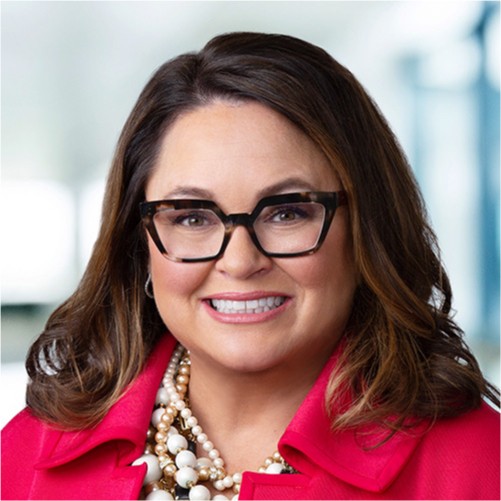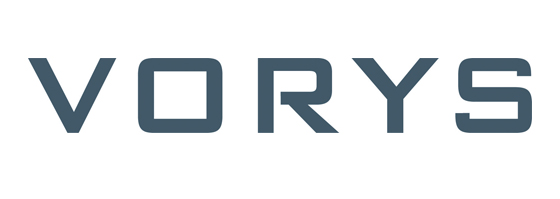Carey Jordan is a Partner in the Vorys Houston office and Chair of the Intellectual Property Group. She advises large-scale clients on patent prosecution and global intellectual property (IP) portfolio management, agreements (technology transfer, joint development and other research agreements), licenses, transactions involving IP and risk consulting. Carey also has significant experience in crafting and conducting effective and efficient IP due diligence for investments, acquisitions and divestitures. Although experienced in multiple technology areas, her personal sweet spots are in the chemicals and materials science arenas.
In addition, Carey has successfully handled complex post-grant review procedures for US patents at the US Patent and Trademark Office, including inter partes review proceedings.
Carey is an often sought after speaker and author, and is always willing to come in and do in-house CLEs on a range of IP related topics. She has served on the PLI faculty for its Advanced Licensing Agreements courses.
Carey received her J.D. magna cum laude from the University of Houston Law Center. She received her M.S. and B.S. magna cum laude from Clemson University
Carey’s personal passion is to encourage women to study science and engineering. For example, at Clemson University, her alma mater, Carey has established a scholarship campaign to aid women studying science, technology, engineering and math (STEM) obtain their degrees and pursue careers in STEM or IP.

Recent Articles by Carey Jordan
Under the AIA and through its own initiatives, the USPTO has developed many programs that facilitate the prosecution of applications through the Office. Applicants should consider the usefulness of these programs in any on-going and newly filed U.S. patent applications.
As is evident from Figure 2, a significant problem affecting USPTO performance has been identified as the Request for Continued Examination (RCE) Backlog, which grow dramatically from 2009 into 2013. The intricacies of RCE practice go beyond the scope of this article, but it is RCE practice that is a primary problem facing the USPTO. At the end of the USPTO’s 2013 End of Fiscal Year, approximately 78,272 RCE applications were awaiting examination at the USPTO. These RCEs divert resources away from the examination of new applications.


![[IPWatchdog Logo]](https://ipwatchdog.com/wp-content/themes/IPWatchdog%20-%202023/assets/images/temp/logo-small@2x.png)

